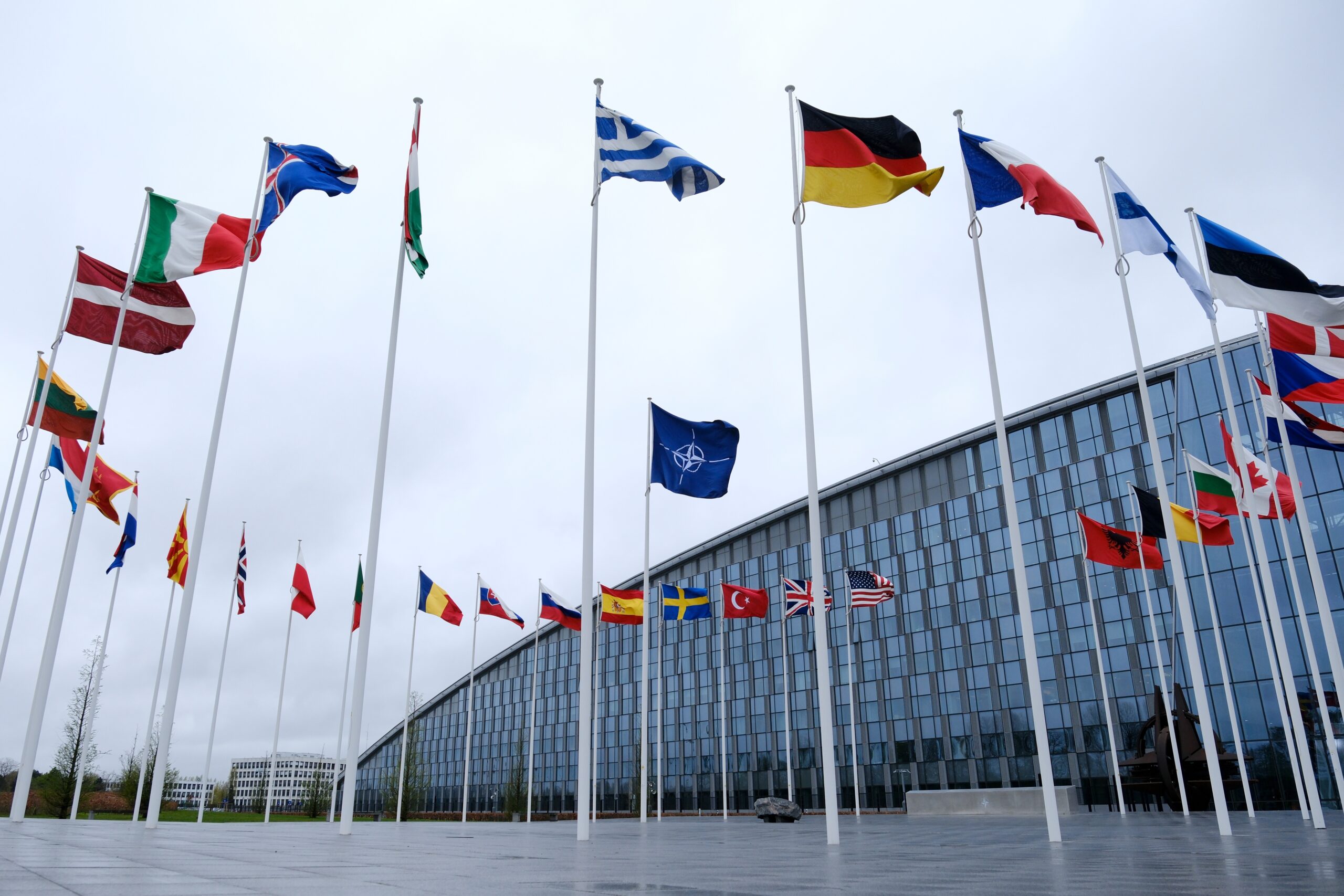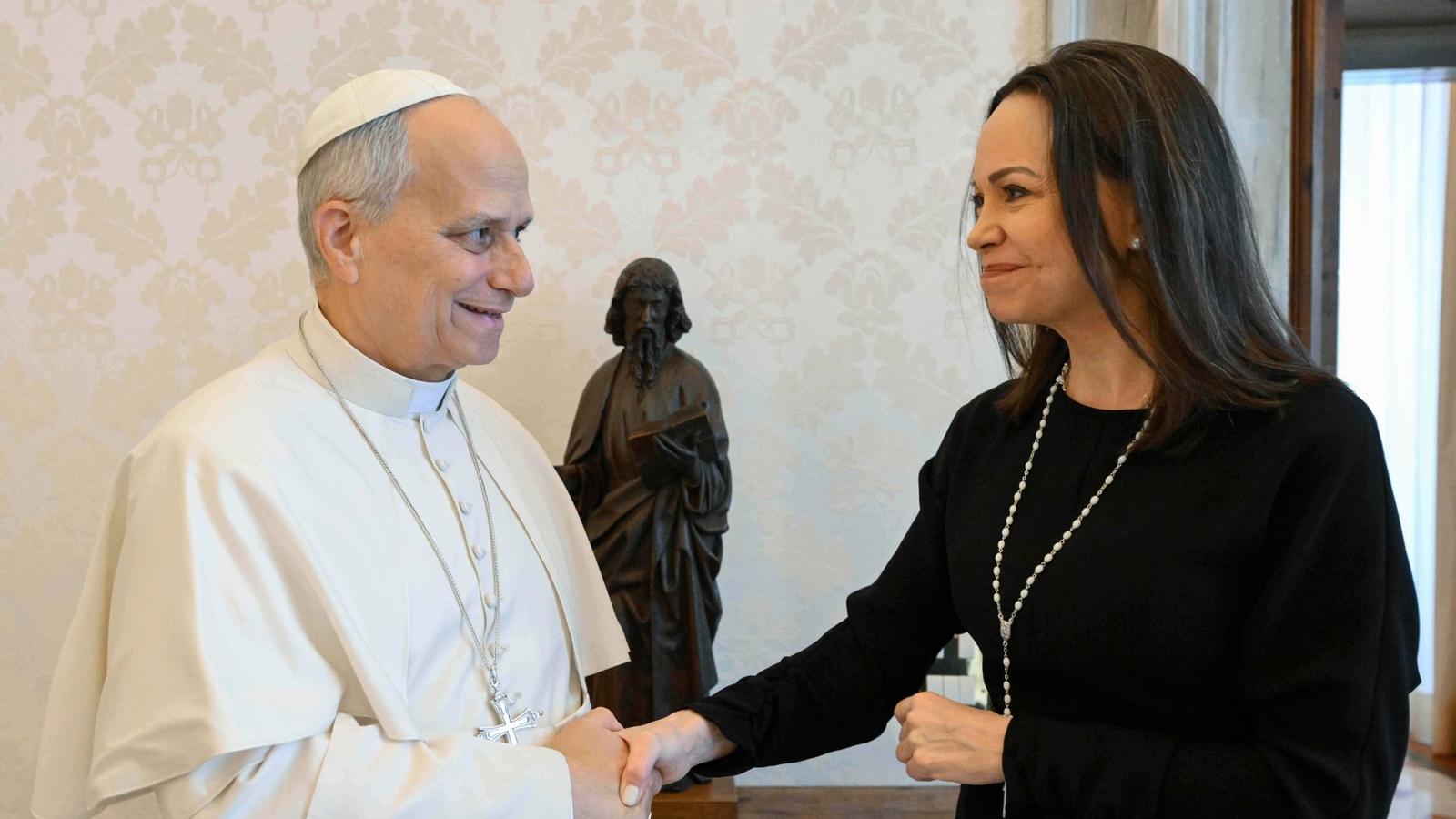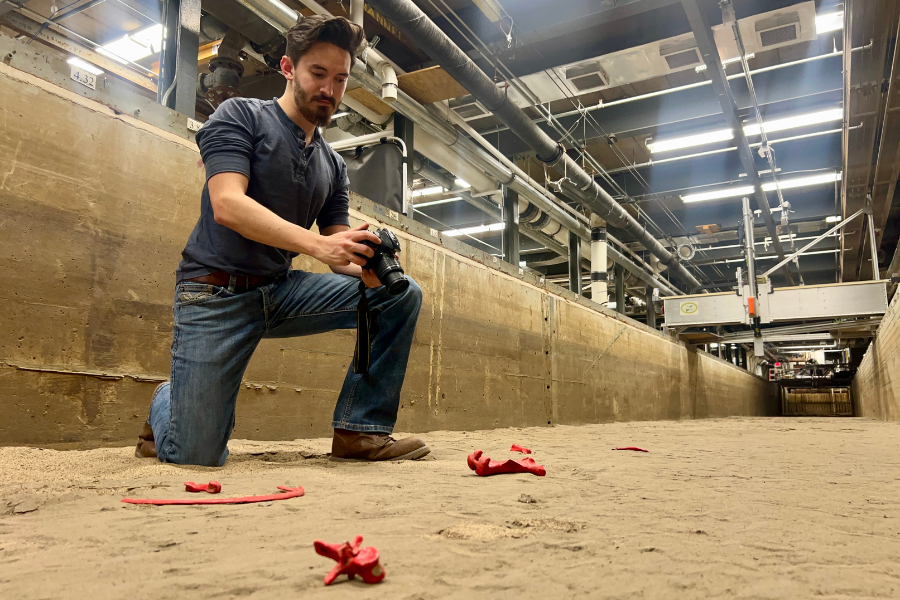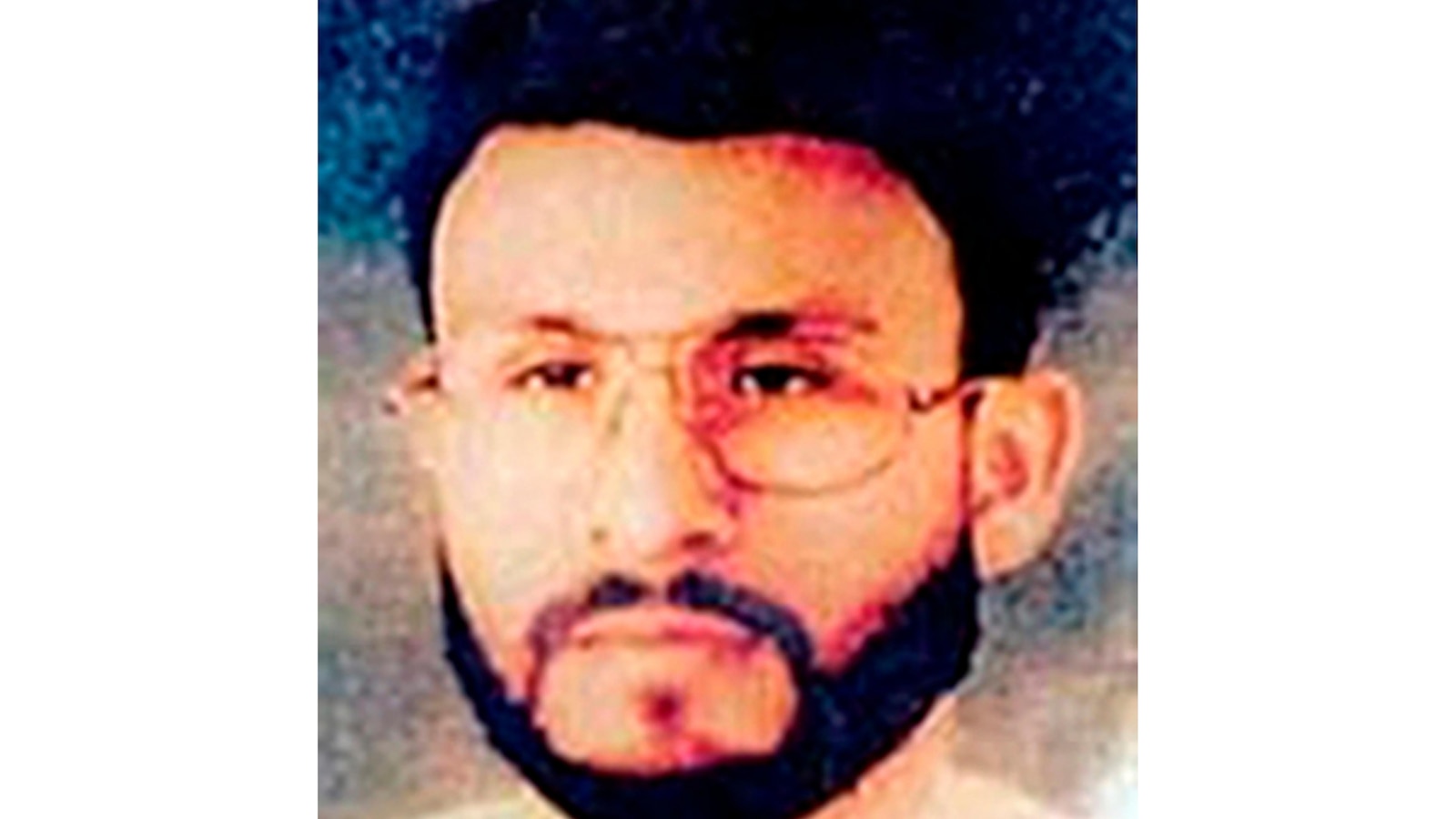LONDON — The British government has agreed to pay a “substantial sum” to settle a lawsuit by a Guantanamo Bay detainee who said U.K. intelligence agencies were complicit in his torture at secret U.S. interrogation sites, his lawyer said…
Category: 2. World
-
Access Denied
Access Denied
You don’t have permission to access “http://www.alvarezandmarsal.com/thought-leadership/what-the-2025-us-national-security-strategy-means-for-transnational-companies-investors-and-advisors-takeaways-and-recommendations” on this…
Continue Reading
-

NATO has invoked Article 5 only once in its history
For more than three-quarters of a century, NATO has been the linchpin of transatlantic security and has been vital to American global interests and national security. Recent friction among NATO…
Continue Reading
-

Pope Leo XIV meets with Venezuelan opposition leader María Corina Machado in a surprise audience
ROME — Pope Leo XIV met with Venezuelan opposition leader and Nobel Peace Prize winner María Corina Machado in a private audience at the Vatican on Monday.
The meeting, which hadn’t been previously included in the list of Leo’s planned…
Continue Reading
-

Pope Leo XIV meets with Venezuelan opposition leader María Corina Machado in a surprise audience
ROME — Pope Leo XIV met with Venezuelan opposition leader and Nobel Peace Prize winner María Corina Machado in a private audience at the Vatican on Monday.
The meeting, which hadn’t been previously included in the list of Leo’s planned…
Continue Reading
-

Pope Leo XIV meets with Venezuelan opposition leader María Corina Machado in a surprise audience
ROME — Pope Leo XIV met with Venezuelan opposition leader and Nobel Peace Prize winner María Corina Machado in a private audience at the Vatican on Monday.
The meeting, which hadn’t been previously included in the list of Leo’s planned…
Continue Reading
-
IRENA Assembly 2026 Concludes with Strategy, Program and Budget – IRENA – International Renewable Energy Agency
- IRENA Assembly 2026 Concludes with Strategy, Program and Budget IRENA – International Renewable Energy Agency
- Amna Al Dahak: UAE Leads A New Era Of Renewable Energy Driven By AI And Doubling Its Renewable Capacity Menafn.com
- Azerbaijan…
Continue Reading
-

How floodwaters impact fossil formation
A new study by the University of Minnesota challenges previous classifications paleontologists use to determine how the fossil record is formed. They investigated how dinosaur and mammal bones are transported and buried by…
Continue Reading
-
Statement of The Chairperson of the African Union Commission on the United States Presidential Memorandum Regarding Participation in, and Funding to, Multilateral Institutions
The Chairperson of the African Union Commission has taken note of the recent Presidential Memorandum issued by the Government of the United States of America directing the cessation of United States participation in, and funding to, certain…
Continue Reading
-
Statement of The Chairperson of the African Union Commission on the United States Presidential Memorandum Regarding Participation in, and Funding to, Multilateral Institutions
The Chairperson of the African Union Commission, H.E. Mahmoud Ali Youssouf has taken note of the recent Presidential Memorandum issued by the Government of the United States of America directing the cessation of United States participation in,…
Continue Reading
